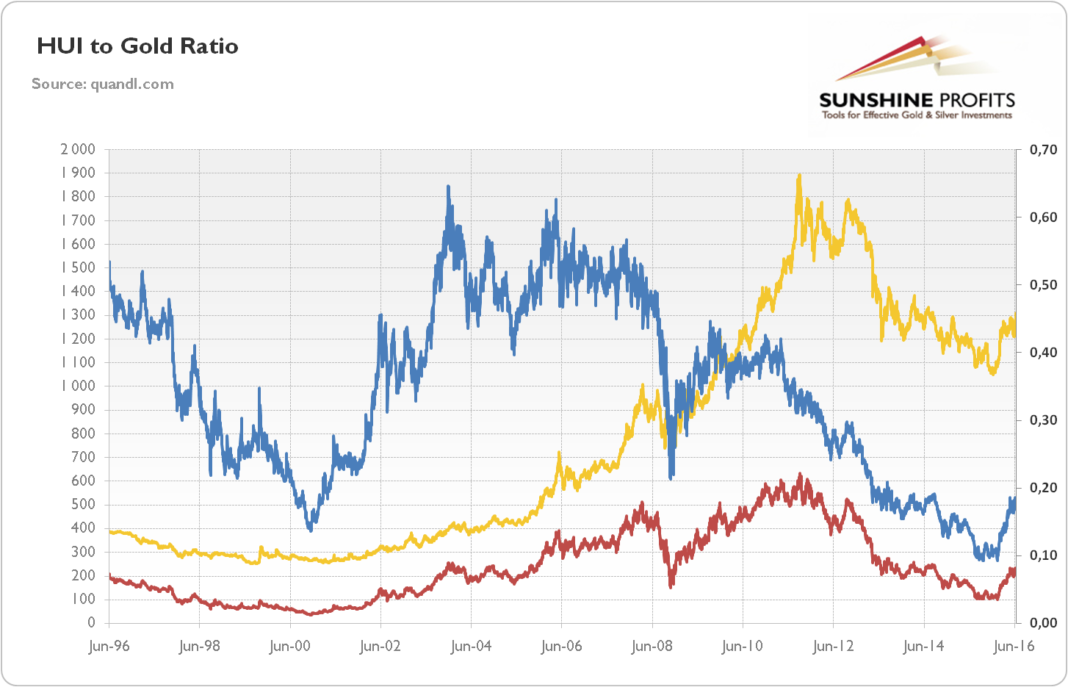Outline
- Introduction
- Definition
- Importance in the Chinese real estate market
- Key Components and Features
- Constituents
- Market Influence
- Volatility
- Economic Indicator
- Importance for Investors
- Diversification
- Market Sentiment
- Strategic Investment
- Current Trends and Outlook
- Government Policies
- Economic Indicators
- Global Market Conditions
- Conclusion
- FAQs
The Hui Index, also known as the Hang Seng Mainland Properties Index, is a stock market index that tracks the performance of major mainland Chinese real estate companies listed in Hong Kong. It’s a key indicator for investors interested in the Chinese real estate market, reflecting the overall health and trends of the property sector in mainland China.
Key Components and Features
- Constituents: The index includes major mainland Chinese property developers that are listed on the Hong Kong Stock Exchange. These companies are typically involved in residential, commercial, and industrial property development and management.
- Market Influence: This closely watched by investors and analysts as it provides insights into the Chinese real estate market, which is a significant part of China’s economy.
- Volatility: The real estate sector in China can be highly volatile due to government policies, economic cycles, and market demand, making a potentially high-risk, high-reward investment.
- Economic Indicator: Changes can indicate broader economic trends in China, including consumer confidence, economic growth, and the effects of regulatory changes.
Importance for Investors
- Diversification: For investors looking to diversify their portfolios with exposure to the Chinese real estate market, the offers a concentrated yet comprehensive view.
- Market Sentiment: Movements can provide clues about investor sentiment toward Chinese property stocks and the broader economic outlook.
- Strategic Investment: Understanding the dynamics can help investors make strategic decisions regarding their investments.
Current Trends and Outlook
To stay updated on the current trends and outlook of the Hui Index, investors should monitor:
- Government Policies: Changes in housing policies, taxation, and regulations can significantly impact the index.
- Economic Indicators: Data on China’s GDP growth, urbanization rates, and consumer spending can provide context for the index’s performance.
- Global Market Conditions: Global economic conditions, interest rates, and trade relations can also influence the performance of Chinese property stocks and the Hui Index.
Conclusion
The Hui Index is a vital tool for investors interest in the Chinese real estate sector. By tracking the performance of major mainland Chinese property companies, it offers insights into market trends and economic conditions in China. Staying informed about the factors influencing the Hui Index can help investors make more informed decisions and manage their investment risks effectively.
FAQs
What is the Hui Index?
The Hui Index, also known as the Hang Seng Mainland Properties Index, tracks the performance of major mainland Chinese real estate companies.
Why is the Hui Index important for investors?
The Hui Index provides insights into the Chinese real estate market, reflecting broader economic trends and investor sentiment, which are crucial for making informed investment decisions.
What factors influence?
This is influence by government policies, economic indicators such as GDP growth and consumer spending, and global market conditions.
How can I invest?
Investors can gain exposure to the Hui Index through exchange-traded funds (ETFs) that track the index.
What are the risks associate with investing?
Investing in the Hui Index can be volatile due to the real estate sector’s sensitivity to regulatory changes, economic cycles, and market demand.


